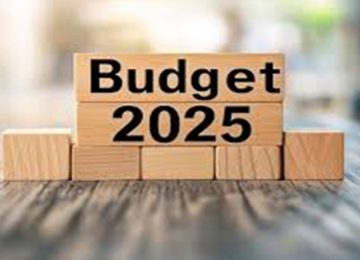Critical minerals will play a vital role in India’s transition to a low-carbon energy economy.
The Shakti Sustainable Energy Foundation has signed an agreement with the Mines Ministry to provide knowledge and support critical minerals.
Other partners that signed the MoU include the Council on Energy, Environment and Water (CEEW), and TERI.
The primary objective of this partnership is to offer knowledge support in the field of critical minerals, which are essential for India’s low-carbon energy transition, national security, and economic development.
Need for policy push:
| Mr V L Kantha Rao, Secretary of Mines, highlighted India’s need for vigorous mineral exploration and utilization for clean energy and economic growth, introducing new government programs like mineral block auctions. “Now is the time when we need to crystallize all this into a single document and call it a critical mineral policy or mission.” |
| Dr. Veena Kumari D., Joint Secretary of the Ministry of Mines, emphasized the importance of effective processing technologies in the face of uncertain global policy. In addition to highlighting India’s potential as a global leader in energy storage technologies, electric vehicle technology, and other important areas, she emphasized the significance of developing a strong domestic supply chain. |
Significance of critical minerals for low-carbon energy:
Critical minerals like neodymium, dysprosium, and praseodymium are essential for wind turbines, electric vehicle motors, and solar panels, promoting sustainable technologies.
According to the World Economic Forum, the world agreed to transition away from fossil fuels at COP28, a necessity to avoid a climate crisis. However, rapidly shifting to renewable energy requires a substantial amount of critical minerals. Responsibly sourcing minerals like copper, nickel, and lithium is crucial.
The MoU was signed on the sidelines of the Ministry of Mines sponsored the ‘Critical Minerals Summit: Enhancing Beneficiation and Processing Capabilities.’
The summit aimed to establish India as a global center for processing critical minerals, focusing on scalability strategies and India’s processing and beneficiation capabilities.
The Ministry’s commitment to developing infrastructure for mineral processing research and development, including programs like the Indo-Australian Critical Minerals Research Hub at IIT Hyderabad, was a significant topic of discussion.










